
The manufacturing sector of any country is a major economic driver for the developing economies across the globe. However, unlike others, India’s manufacturing industry is still scrambling with the others and the performance is been lackluster.
In respite of having favorable demographic and geographic position as an advantage, it has not been able to capitalize. A complex tax structure, inadequate infrastructure, and bureaucracy diminishing its capability to perform well on a global scale engulf the manufacturing sector in India.
As per the sources, the manufacturing industry in India has been close to stagnant for the last two decades with only a 16% share of GDP.However, the manufacturing sector might be revived under the focused efforts of government and by an implementation of GST regime that could even lead to experience a paradigm shift from an agrarian economy to manufacture and service based economy.
For India, becoming a manufacturing hub will need various strategic reformations to simplify the existing system in the country. One of the much-publicized proposed reform “make in India” scheme initiative taken by the government is aligning with the implementation of the goods and service tax (GST).
(more…)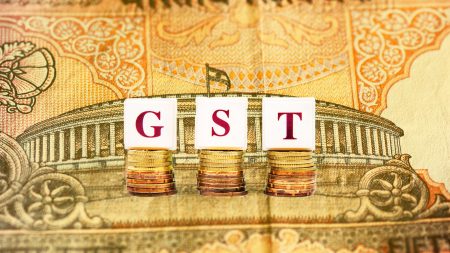
The biggest indirect taxation reform GST is going to implement very soon. One side it will rejuvenate the entire indirect taxation system and will bring multiple benefits, on the other side it will affect various ares like supply chain, cash flow, revenue and many more. Few of things are still unclear like the future of area based tax exceptions, which the industries are enjoying for setting up manufacturing facilities in north-eastern states or hill areas like Himachal Pradesh, Sikkim, Uttarakhand under GST?
Area based tax exemption will experience a key change in proposed GST regime, industrial units will have to pay duties first and get a refund later. Centre has decided to proceed with area based excise duty exceptions gave towards the Northeast and hill states when the GST regime will kick start. Industries will pay their duties first, then the centre or the state that gets the duty will then repay it to the exempted elements and the states will now choose the particular industrial exceptions they wish to proceed. The correct subtle elements on whether every one of the exceptions will be granted or refunded will be worked out later. The GST Council additionally affirmed the draft rules for returns, enrollment, payment, and invoices. These will be notified after the model GST laws are ordered.
(more…)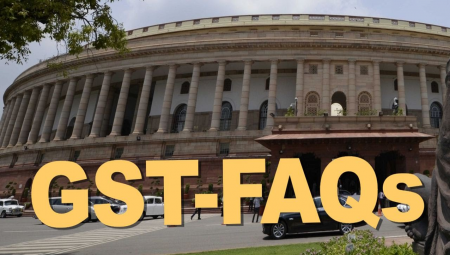
Govt. is going to implement “Goods and Service Tax” the biggest taxation reform in indirect tax segment from the coming New Year 2017. With great reforms, comes with great challenges. The whole tax filing process would be digitized under Goods and Service Tax Network (GSTN). So here are few of the important FAQ’s regarding procedure to enroll for GST registration by existing tax payers.
1. Who all are liable to enroll?
Existing taxpayers are liable to enroll under GST system portal. An existing taxpayer is an entity registered with any of the authorities;
(more…)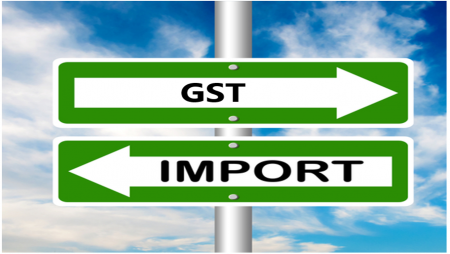
The much-awaited GST law will be effective from the next year to bring nationwide uniformity of taxation laws. This will make the taxation process simplified by eliminating multiple taxation filing both at central and state level. The nex tax regime is more easy and simple and creating the swift business environment. It would be applicable on all the verticals of the domestic market of India this includes import also. Import of goods and service would be treated as interstate supply and IGST (Integrated Goods & Service Tax) would apply on the import of goods and services in the country.
The destination principle and tax revenue will get accrued, where the imported goods get consumed and an SGST would apply. A full and complete set-off will be made available on the paid GST on imports. As per the guidelines ready for CGST (Central Goods and Service Tax), act whatever import will get shipped shall attract CGST and certain percentage of IGST (Interstate Goods and Service Tax). The CGST shall be consumed or transferred to the central government. The SGST levied against imports shall be credited to the state government.
(more…)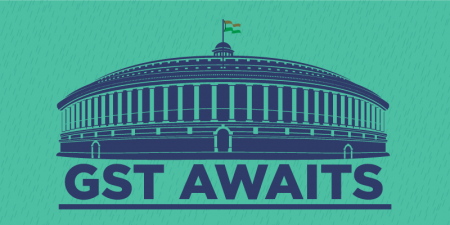
The biggest tax reform since the liberalization and privatization in India “GST” got green signal on 3rd of August by the upper house and finally by the lower house on 8th of August after a long and intense meetings and debates between states, political parties and industry bodies.
The central government is planning to roll out GST in the next financial year commencing from April 1, 2017. The standard GST rate would be 18 % including 1 % additional tax for interstate supply of goods to compensate the losses of state revenue.
(more…)
GST! The biggest game changer for Indian taxation system. Now a days it’s one of the hot subjects continues to baffle everyone. The present tax structure is very complex, includes too many taxes, too many outdated rules, too many legislations that can take up too much time and effort.
Hence the government is going to roll out Goods & service Tax, after a long wait, the Constitution Amendment Bill (GST Bill) was finally cleared in both the Houses of Parliament to tackle existing complexities of indirect taxes to bring price uniformity and make India one unified common market. In this article we are going to take a look how GST will impact the supply chain in India?
(more…)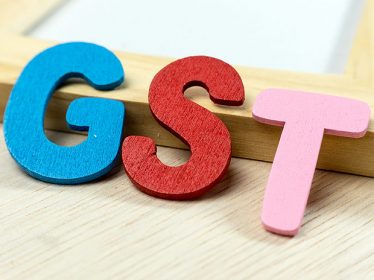
GST stands for Goods & Service Tax, is a consumption based tax levied on sale, manufacture and consumption on goods & services at a national level.
Seen as the panacea for removing the ill-effects of all indirect tax levied by state and central government. Exports and direct tax like income tax, corporate tax and capital gain tax will not be affected by GST. Alcohol, crude petroleum, motor spirit, diesel, aviation turbine fuel and natural gas will be out from the jurisdiction of GST. The current complex tax system will be replace by dual GST which is concurrently levied by central and state government.
- CGST (Central GST)- levied by center
- SGST (State GST) – levied by state
- IGST (Integrated GST) – levied by central Govt. on inter-state supply of goods
